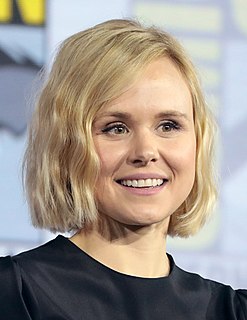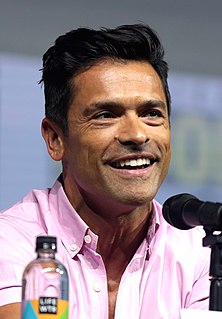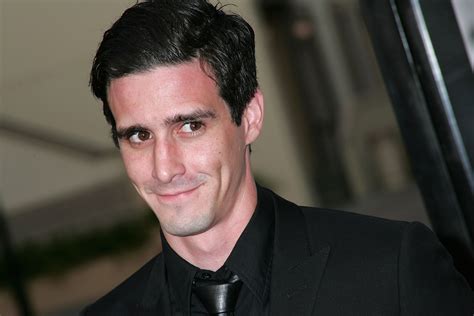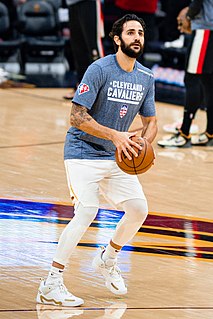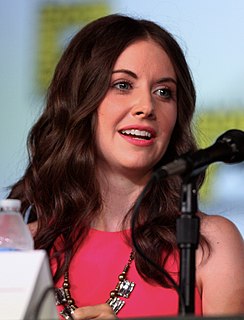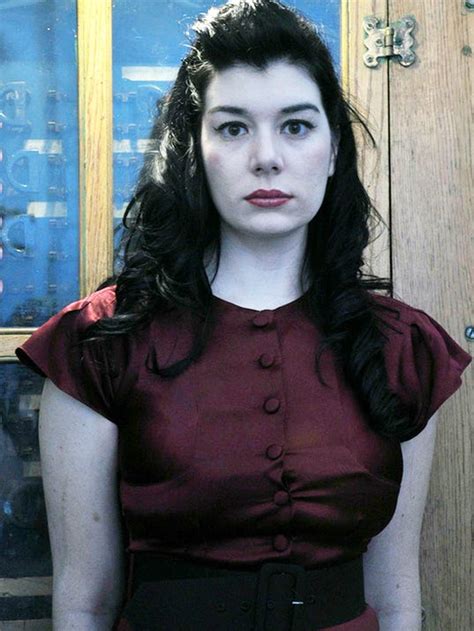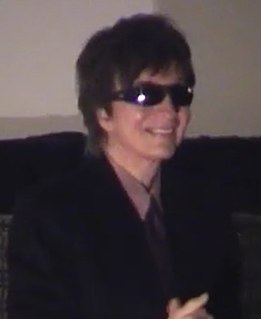A Quote by Alison Pill
I find that a lot of my best character stuff and ideas come unwittingly from novels. In scripts, it's a lot about the outward signs of whatever's happening - you have the end result. Whereas in a novel you get a buildup of the whys and wherefores, and you're let into the backstory.
Related Quotes
As to the "traditional filler of twenty-first century realist fiction," maybe that is something I avoid. I don't relate to standard psychologizing in novels. I don't really believe that the backstory is the story you need. And I don't believe it's more like life to get it - the buildup of "character" through psychological and family history, the whole idea of "knowing what the character wants." People in real life so often do not know what they want. People trick themselves, lie to themselves, fool themselves. It's called survival, and self-mythology.
A lot of times with novels, you can get a really deep, engaging story, but there's not a lot happening, frankly. Those books tend to be super-literary and dense, and they require a lot of commitment, and that's not necessarily a bad thing, but if you want fast-moving action and gore and plot and excitement, you can get shorted on that.
I've been thinking a lot about why it was so important to me to do The Idiot as a novel, and not a memoir. One reason is the great love of novels that I keep droning on about. I've always loved reading novels. I've wanted to write novels since I was little. I started my first novel when I was seven.I don't have the same connection to memoir or nonfiction or essays. Writing nonfiction makes me feel a little bit as if I'm producing a product I don't consume - it's a really alienating feeling.
